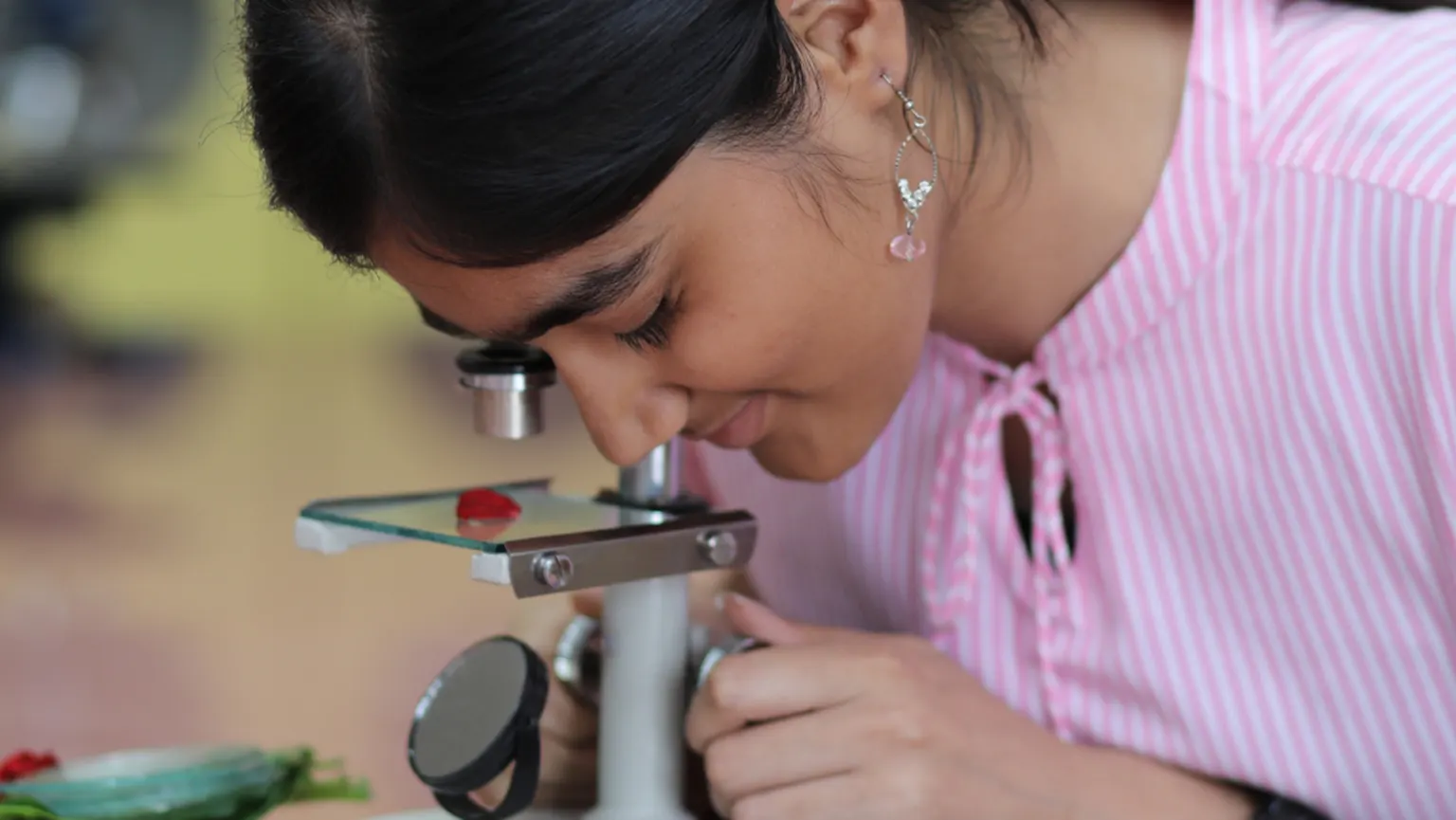Sustainable Development is the development that meets the needs of the present generation without compromising the ability of future generations to meet their own needs. Education for Sustainable Development (ESD) provides opportunities for learners to acquire the knowledge, skills, attitudes and values necessary to shape a sustainable future.
Education is critical to sustainable development; simply increasing basic literacy will not support a sustainable society. The role of education for Sustainable Development extends far beyond the classroom. Educators at TSGE, one of the best IGCSE Schools in Mumbai, recognize the value of providing Sustainable Education to learners by emphasizing participatory teaching and learning methods with an aim to raise the next generation into eco-conscious, self-sufficient global responsible citizens.
So what is the role of Education for Sustainable Development?
Imparting Sustainable Education aids in the development of the knowledge, skills, understanding, values and actions required to create a sustainable world. It encompasses teaching and learning specific skills, knowledge and application of pedagogy related to teaching and learning that satisfies the needs of future generations. At Thakur School of Global Education (TSGE), one of the top international schools in Mumbai, learners are taught real-world skills about self-sufficiency for the future and a deep understanding about the significance of the environment.
A definition by UNESCO asserts that “Education for Sustainable Development empowers learners to take informed decisions and responsible actions for environmental integrity, economic viability and a just society, for present and future generations, while respecting cultural diversity.”
Providing Sustainable Education benefits learners in several ways:
- Promotes social and individual well-being
- Develops new perspectives
- Provides unique learning opportunities
- Increases participation and productivity
- Enhances problem-solving and critical thinking skills
- Refines creative and critical thinking abilities for future
How Thakur School of Global Education (TSGE) fosters Sustainable Education?
Education should be transformative and must benefit learners to make informed decisions, take individual and collective action as responsible global citizens. Social movements and innovative initiatives on economic, environmental and social sustainability are at the forefront of teaching students how to live sustainably. Thakur School of Global Education (TSGE), one the top international schools in Kandivali, Mumbai emphasizes on teaching the necessary skills, knowledge, perspectives, values and teaching in a formal curriculum which prepares learners of all ages to find solutions for the challenges of today and the future.
As Sustainable Development is grounded on independent systems of Environment, Economic and Social aspects, Thakur School of Global Education, one of the best Cambridge International Schools in Kandivali, Mumbai, includes several such aspects in providing academic knowledge to its learners. A wide range of academic activities and non- academic activities are particularly included in various educational practices like projects, seminars, workshops, activities etc. in order to inculcate responsible behaviour in learners.
Educating learners through Sustainable Education is about integrating the values inherent in sustainable development into all aspects and levels of learning. Education for Sustainable Development (ESD), thus, is a lifelong learning process that enhances the cognitive, social and emotional and behavioural dimensions of learning.
Sustainable Education, being an integral part of quality education at TSGE focuses on the following four parameters to provide learners a holistic and transformational learning experience.
Learning Content – Integrating sustainability issues like poverty, biodiversity, climate change, environment degradation, inequality etc. in curriculum.
Learning Outcome – Empowering learners through Sustainable Education to contribute to societal transformation.
Pedagogy and Learning Environment – Implementing interactive, project-based, learner-centered pedagogy with an objective to transform and bring about a positive change in all aspects of learning; in other words, enabling learners to live what they learn and learn what they live.
Societal Transformation – Education that spreads awareness, imparts knowledge and imbibes values to build a sustainable world.
In addition, with rapid technological changes in the present digital era, learners are continuously faced with opportunities and challenges in the learning environment and in society as well. Therefore, it is vital for educational institutions to acknowledge the importance of Education for Sustainable Development right from the young age of learners, in pre-primary and primary and secondary grades. Thakur School of Global Education (TSGE), one of the best schools in Mumbai western suburbs delivers quality Sustainable Education through upgraded educational facilities, innovative pedagogical strategies, strengthening knowledge-sharing and collaboration in science, technology and mathematics, promoting digital literacy and lifelong learning opportunities as well as encouraging learners to Act Responsible, Think Sustainable.





